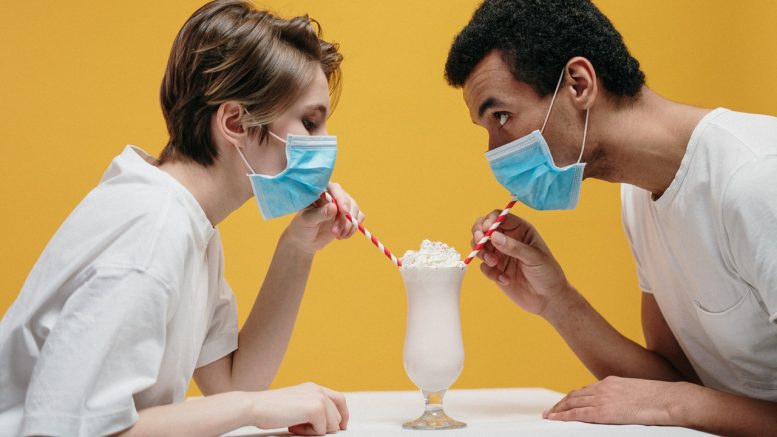Coronavirus is a group of different viruses or sickness in birds and mammals, including humans. The epidemic started in Wuhan, China, on 17th November 2019. It causes infection in the respiratory tract of human beings, which can be mild to mortal. The symptoms when a person is infected by the virus could be similar to the common cold. Symptoms include a cough, tiredness, being unable to recognise smell and difficulty in breathing. The growth period of the virus can range from 1-14 days, with an average of 5-6 days. The recovery time will vary depending on the individual from two to six weeks. This is depending on the severity of the infection. WHO advises people of all ages to take precautionary measures to protect themselves against the virus, like washing hands for at least twenty seconds and following good general hygiene measures. By the end of March 2020, countries like the USA, Italy, Spain, Germany, Iran and France were severely affected by the epidemic.
The primary issue is that a vaccine or antiviral drug for this virus is yet to be made. It generally takes about six months up to a year to create a vaccine. This then needs to be tested to ensure its safety. People of all ages can be affected by the coronavirus, especially older people with weaker immunity or people with pre-existing medical conditions. This could include but is not limited to asthma, diabetes and heart diseases.
Aged care homes have taken significant measures against the pandemic. They have at this time stopped the entry of outsiders. This often, unfortunately, includes family to keep the disease at bay. Staff members and carers in nursing homes take precautions like wearing masks, gloves, washing their hands regularly and wearing other types of protective clothing. ‘Help Age’ India’s healthcare head stated that they have arranged for a helpline where counsellors were requested to advise people. This included encouraging people not to panic and giving necessary instructions. The elderly can be especially prone to anxiety and are vulnerable when they are isolated. Aged care homes must ensure that everyone is being taken care of properly. Basic healthcare equipment like thermometers can be used to detect a temperature early on.
Everyone must cooperate by distancing themselves from each other. Public health experts have recommended social distancing as this is the only way from stopping the spread of this highly infectious disease. Also, they must manage by consuming whatever available food is provided to them, as there are unfortunately fewer options and a shortage of food choices in some cases.

To meet their relatives, friends, children or grandchildren, seniors can take calls and participate in messaging and video conferencing with a little help from the staff. Watching movies and playing indoor games could be another great pastime. Everyone must take responsibility and play their role in containing the virus. People in nursing homes have to maintain good general hygiene, as well. Seniors can be taught different breathing exercises like simple breathing which is inhaling and exhaling fresh air. Following simple yoga and breathing practices can significantly improve anyone’s condition.
The mortality rate of the affected is around 0.2% for people aged below 50 years. From 50-59 years it is 1.3%, and from 60-69 years it is 3.6%. Above 70 years it is 8%, and when the age of the person crosses 80 years, it is a shocking 14.8%. This shows that the number shoots up with increasing age. Therefore, people in aged care homes need special care to protect them against COVID-19. By taking the mentioned safety measures, aged care homes can become safer.




